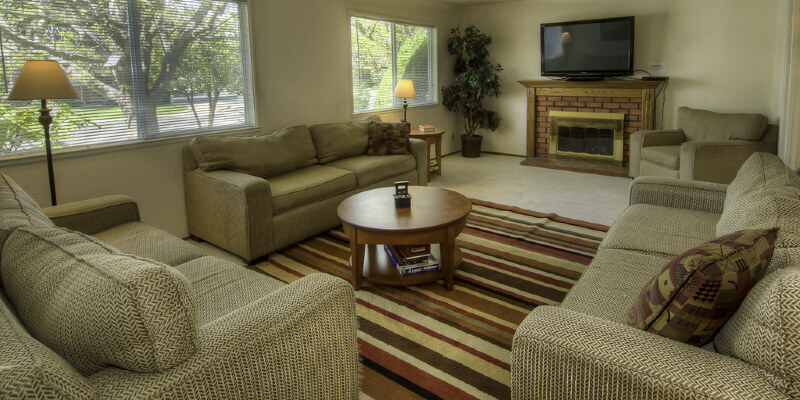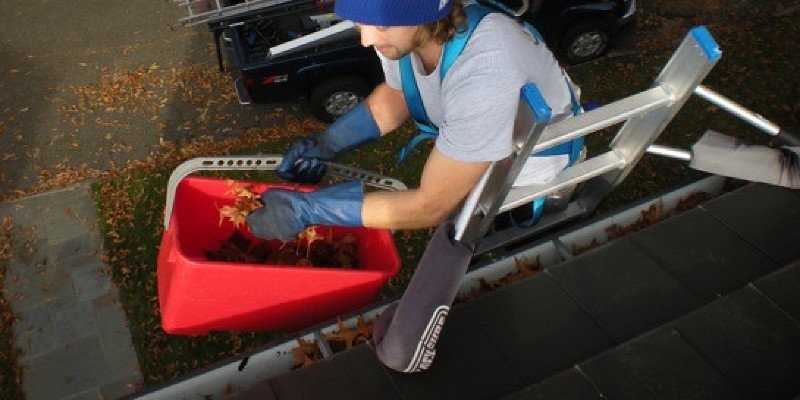In high-traffic areas, including your bathroom or kitchen, ceramic tile requires a lot of abuse. Ceramic floors have it harder than the walls — they’re walked and played, so scratches show up quickly. Dirt and debris gets into these scratches, making the tile look perpetually cluttered even when you have cleaned it. If the scratches aren’t too deep, buffing the tile using a gentle abrasive is usually sufficient to get rid of them. Combine 2 liters of warm water using 1/4 cup liquid Castile soap in a bucket. Wet a sponge using the solution, and then wipe the scratched tile gently to get rid of any dirt and debris. Rinse with clean water and let dry. Dampen a cloth with scouring powder paste. Rub the paste into the tile using small, circular motions. Allow the paste to place for five minutes, and then gently wipe it away using a soft-bristle…
How to Repair Scratches on Ceramic Tile


